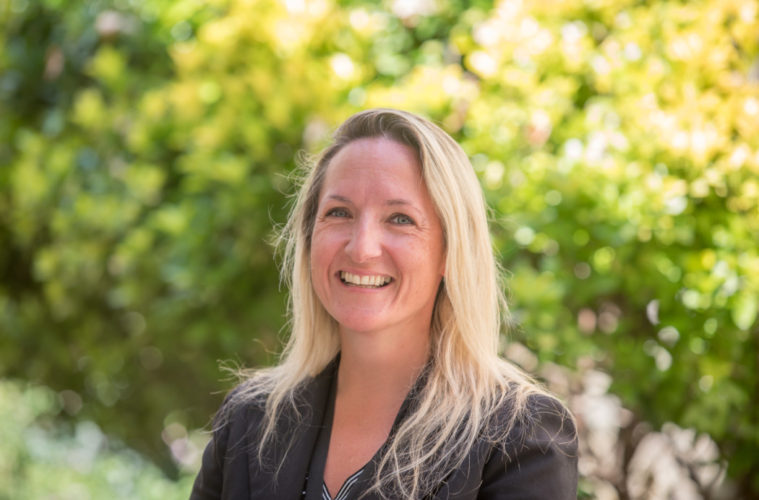Writing a will when you are unwell may add an extra layer of complication to the process. But as Penny Munro (pictured above), a private client specialist at Thrings, explains, video calls and a considered approach are ensuring people’s wishes are being captured during the current period of uncertainty.
The coronavirus outbreak has led to more people taking the time to write their wills and make sure it responds to the needs of their family. For others, the need to write or amend their will is more pressing due to illness.
Solicitors acting in connection with the execution of wills are considered key workers by the Government. At Thrings, we are encouraging clients to approach their will in the same way as if they were in full health, with our solicitors helping clients to consider their choices and confirming the validity of their will.
Making your will if you are unwell
As solicitors, we make sure our clients’ wishes are carried out appropriately, that their will is signed properly, that they have the mental capacity to make decisions freely and they are not being coerced in any way. We also assess whether any medication could be affecting their judgement. If there is no proof of mental capacity, it could cause the will to be challenged later. In some cases, we may need to liaise with a doctor to confirm the client’s mental capacity (having sought their permission beforehand).
In usual circumstances, we meet our clients in person to discuss their circumstances, finances, assets and potential beneficiaries. This conversation provides both parties with the opportunity to ask questions and explore any potential complications. We also use the meeting to ensure the owner of the will – or ‘testator’ – is mentally capable and not under duress. Thankfully, during the lockdown, video calls are helping us to ‘meet’ clients, have these important conversations and carry out our stringent legitimacy checks.
Choosing your beneficiaries during times of uncertainty
Choosing beneficiaries and deciding how to divide an estate may be more complex at the moment because of the economic uncertainty. Children or other relatives who are not currently dependent on the testator may find themselves in a difficult financial situation due to a change in circumstances caused by the outbreak.
It is often helpful to speak to a specialist wills lawyer about family-specific circumstances, including a discussion about how best to support those who will benefit from the estate.
Speaking to beneficiaries while you are unwell
Many testators decide to speak to beneficiaries about their wishes before their will is finalised (there is no requirement for this to happen). In some situations, administering an estate can become problematic. Family members may feel disappointed by the way the estate is divided or unhappy with how a sole executor is handling matters. Talking the arrangements through first can help the process run smoothly later.
Although it can help for executors to know they have been appointed to handle an estate, there is no obligation to speak to anyone about the contents of the will. The document is confidential and does not become public until grant of probate is issued after death. The only parts of the will that are not legally binding are those surrounding funeral wishes. The testator may want to discuss this with loved ones to make sure they understand their requests.
To speak to or set up a video call with a specialist wills lawyer to discuss your estate and plans for the future, please contact Penny Munro or another member of Thrings’ Private Client team.


